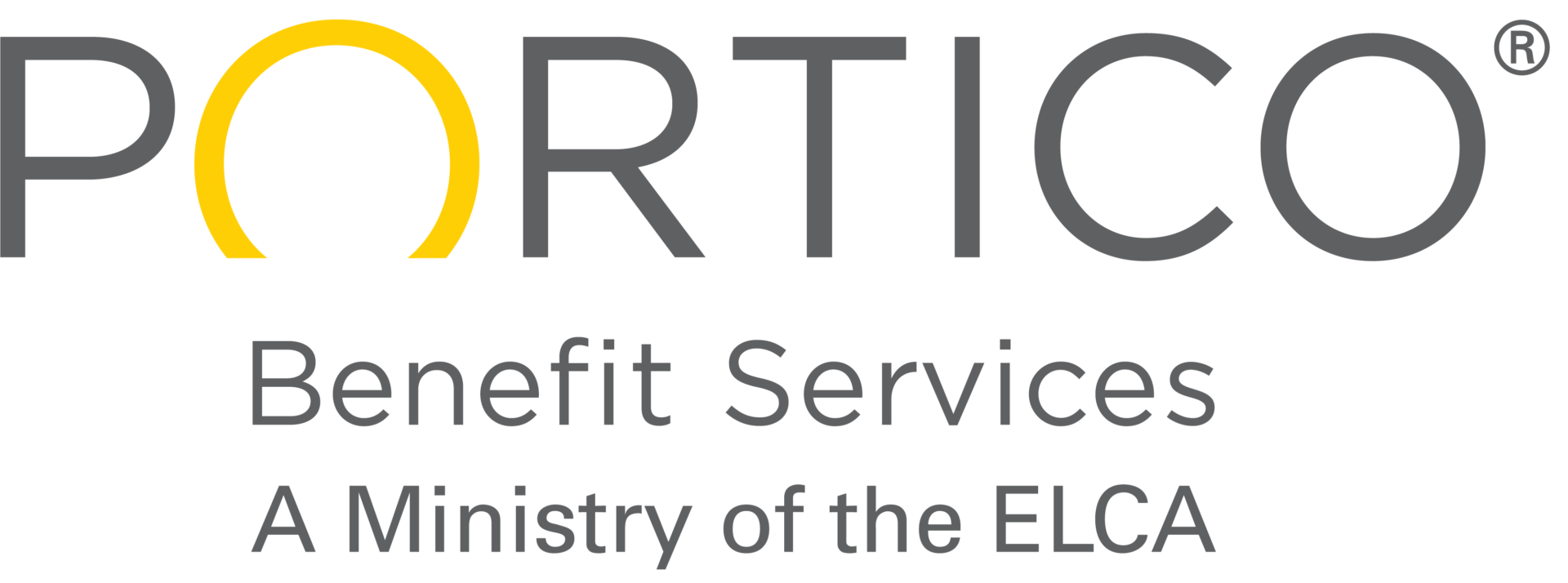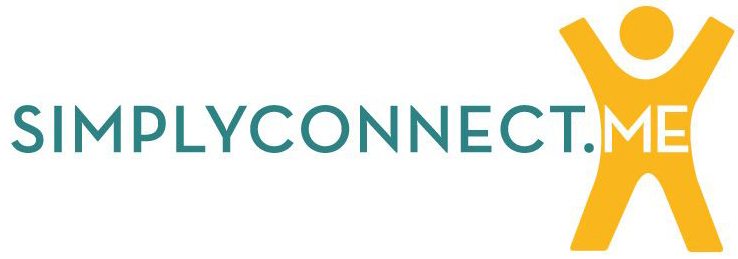Lutheran Services in America (LSA), in initial collaboration with UnitedHealthcare (UHC), is embarking on a multi-year initiative to reshape and foster alignment between health and social care systems through the “Strengthening Families Initiative.” We aim to improve outcomes for children, youth and families enrolled in Medicaid, with an initial focus on behavioral health conditions. Specifically, building upon LSA’s Results Innovation Lab and Family Stabilization Initiative, we seek to better leverage the capacity and leadership of the LSA member network, in alignment with key health and multi-sector stakeholders, to improve health outcomes.
Lutheran Services in America is one of the nation’s largest networks of health and human service providers with a mission to cultivate caring communities that advance health and opportunity for all. Together, we are 300 nonprofit organizations across 1,400 U.S. communities with more than $26 billion in combined annual services.
Lutheran social service organizations have been working by, in, with and for their communities for decades — and in some instances, for more than a century. This new initiative incorporates national and local efforts with the engagement of Lutheran Services in America member organizations, including Gemma Services in Philadelphia and enCircle in Roanoke, Virginia.
As faith-based, trusted and community-centered leaders our aim is to continue to develop and foster innovative national and local partnerships, including with Medicaid Managed Care Organizations (MCOs), to improve individual and community outcomes. We are pleased to announce our collaboration with UnitedHealthcare through a $1.5 million award as we seek to expand engagement with other MCOs along with philanthropic partners.
UnitedHealthcare (UHC) is a health care and well-being company with a mission to help people live healthier lives and make the health system work better for everyone. In the United States, UnitedHealthcare offers the full spectrum of health benefit programs for individuals, employers, and Medicare and Medicaid beneficiaries, and contracts directly with more than 1.7 million physicians and care professionals, and 7,000 hospitals and other care facilities nationwide.
As part of this effort, we will:
- Disseminate case studies and a series of briefs, based on LSA member organization efforts to innovate approaches that address behavioral health challenges and unmet health-related social needs, along with a literature review and environmental scan of on-going national, state and local efforts, to improve understanding and inform action that build upon successes and lessons learned in aligning health and social care.
- Convene national and local leaders from health/behavioral health systems and providers, social service organizations, payers, community-based nonprofits, policymakers, people with lived expertise, along with community and other key stakeholders to foster coalition building and partnership towards aligned action; and
- Disseminate a ‘blueprint’ to identify and define the policy, practice and system changes necessary to catalyze and foster coordination, connection and alignment that improve health so all families can thrive.
Goals of the Initiative
Through this initiative, our shared aim is to align data-informed, community-centered approaches that have sustainable reimbursement and financing mechanisms to better address social determinants of health (SDOH) and that improve outcomes for children and families. Specifically, our work is guided through the following areas of focus:
- Spurring a shift from segmented services provided to individual family members to a family-centered orientation, that considers measures and metrics related to family-based and community outcomes.
- Improving cross-system collaboration to ensure alignment to better address social drivers of family stability and well-being by meeting holistic health and mental health-related social needs, including:
- Access to food, housing, employment, childcare, among other services.
- Support to address substance use disorder and mental health challenges within families (across all life stages), including parents, caregivers and children.
- Building capacity and enhancing the capability of providers, community-based organizations (CBOs), and payers to ensure resources, including adequate reimbursement, and coordination are in place to better address the holistic needs of families.
- Applying a lens that considers family structure and traditions.
Guiding Principles
The following principles and objectives will guide the overall effort:
- Articulate a clear value proposition to deepen and expand coordination and alignment of care with appropriate and equitable services and payment to better address the holistic needs families, especially those historically marginalized.
- Identify practice, policy and systems changes needed to catalyze more efficient and effective approaches to improve outcomes for families.
- Identify effective ways to engage community and family voice so efforts reflect and address the highest priority needs of historically and persistently marginalized people and places.
- Explore the workforce, data and technology considerations necessary to support and better align the delivery of quality care and services.
- Identify the critical success factors for high-performing partnerships and collaboration to advance policy and systems change, especially the ways in which CBOs and Medicaid Managed Care Organizations (MCOs) coordinate and align for improved outcomes.
- Build support for federal, state and local policy changes necessary to broadly advance the conditions for families to have their needs met in a sustainable way.
Alesia Frerichs is President & CEO of Lutheran Services in America.


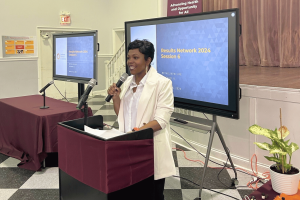 With 41 participants from our member organizations as well as additional stakeholders and partners, the two-day session was a testament to our collective commitment to drive change. Guided by the Person Role System approach from the Results Count framework, we are not just dreaming of change, we are actively shaping it. By zooming in on our roles as change agents, we are reshaping systems and moving towards a future where every child has the opportunity to thrive.
With 41 participants from our member organizations as well as additional stakeholders and partners, the two-day session was a testament to our collective commitment to drive change. Guided by the Person Role System approach from the Results Count framework, we are not just dreaming of change, we are actively shaping it. By zooming in on our roles as change agents, we are reshaping systems and moving towards a future where every child has the opportunity to thrive.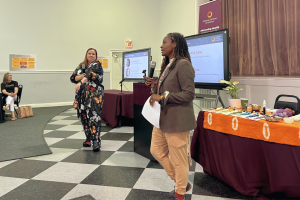 One of the highlights of the convening was our data walk, where we reviewed the work of each organization, shared insights, and engaged in table conversations. This reflective exercise allowed us to celebrate past achievements and identify areas for growth, all while centering equity and justice in our discussions.
One of the highlights of the convening was our data walk, where we reviewed the work of each organization, shared insights, and engaged in table conversations. This reflective exercise allowed us to celebrate past achievements and identify areas for growth, all while centering equity and justice in our discussions.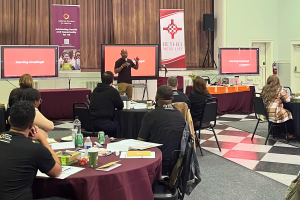 Throughout the convening, we prioritized the cultivation of genuine connections. We know that only together do we as advocates, allies, and change agents have the power to create caring communities that advance health and opportunity for children, youth, and families across the country. We invite you to join us as we continue to be innovative in our pursuit of equity and justice in child welfare.
Throughout the convening, we prioritized the cultivation of genuine connections. We know that only together do we as advocates, allies, and change agents have the power to create caring communities that advance health and opportunity for children, youth, and families across the country. We invite you to join us as we continue to be innovative in our pursuit of equity and justice in child welfare.






